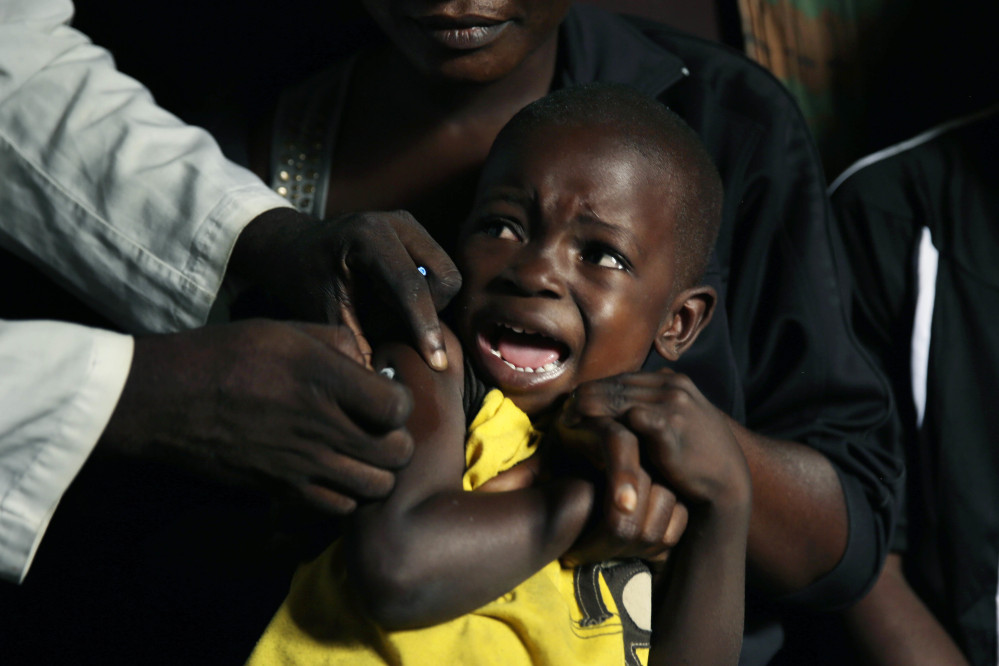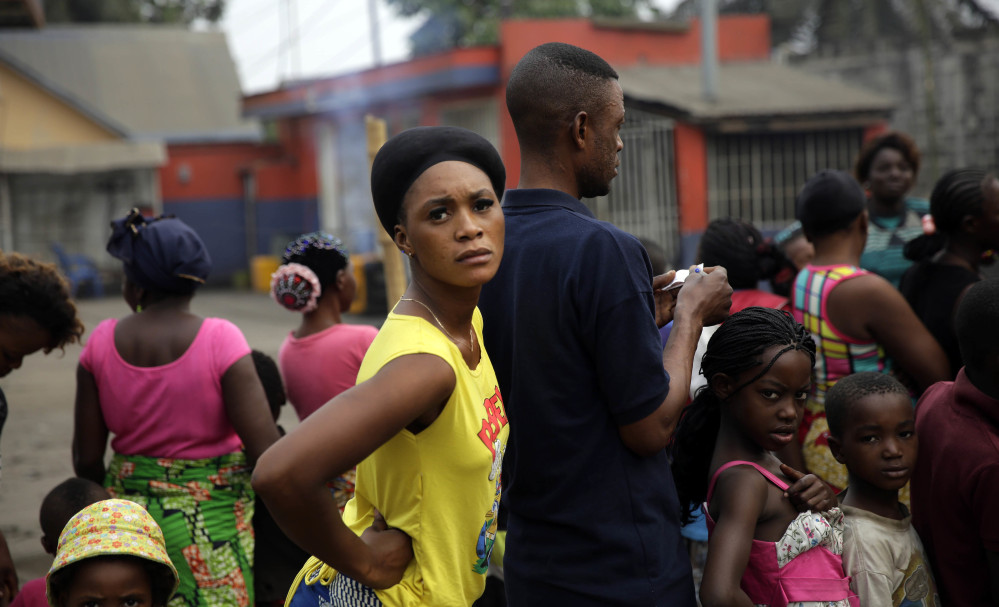KINSHASA, Congo — The World Health Organization and its partners shipped more than 6 million yellow fever vaccines to Angola in February to quash an emerging epidemic, yet when they asked country officials the following month what happened to the vaccines, they discovered that about 1 million doses had mysteriously disappeared.
Of the shipments that did make it to Angola, some vaccines were sent to regions with no yellow fever cases, while others arrived at infected areas without syringes. In neighboring Congo, some vaccines weren’t always kept cold enough to guarantee they would be effective.
This lack of oversight and mismanagement has undermined control of the outbreak in Central Africa, the worst yellow fever epidemic in decades, says a Associated Press probe.
There is now a shortage of vaccines so severe that WHO has recommended doses be diluted by 80 percent to stretch the supply, even though there is limited evidence they will be effective in African populations.
“We have a major problem on our hands,” UNICEF’s Robert Kezaala wrote in capital letters in a June email to his colleagues at WHO, Doctors Without Borders and other partners.
WHO vowed after its fumbled response to the 2014 Ebola epidemic in West Africa that it would adopt a “no regrets” policy to better manage future disease outbreaks with its partners in other health organizations and national governments. But according to hundreds of pages of internal emails and documents obtained by AP, the U.N. health agency is facing many of the same problems that compromised its handling of Ebola, an outbreak that killed 11,000 people in West Africa.
Health officials now estimate they will be short millions of doses to fight an epidemic that has also spread to Congo. To date, yellow fever is estimated to have caused upward of 5,000 cases and at least 450 deaths. More than 18 million vaccines have been sent to the continent, far short of the 40 million doses some experts think are needed to contain the outbreak.
Some of the most vulnerable areas of Congo’s capital have been vaccinated, but millions of people still are waiting for doses as fumigation teams spray crowded neighborhoods in an attempt to kill the mosquitoes that spread the disease.
“People are very afraid,” says Dr. Ernest Mumakubwidi, who treats patients out of a tiny neighborhood clinic in Kinshasa. “They won’t be able to vaccinate everyone – that is clear.”
Amanda McClelland, a senior emergency official at the International Federation of Red Cross and Red Crescent Societies said the crisis is a repeat of WHO’s mismanagement of the Ebola epidemic in 2014.
Send questions/comments to the editors.




Success. Please wait for the page to reload. If the page does not reload within 5 seconds, please refresh the page.
Enter your email and password to access comments.
Hi, to comment on stories you must . This profile is in addition to your subscription and website login.
Already have a commenting profile? .
Invalid username/password.
Please check your email to confirm and complete your registration.
Only subscribers are eligible to post comments. Please subscribe or login first for digital access. Here’s why.
Use the form below to reset your password. When you've submitted your account email, we will send an email with a reset code.